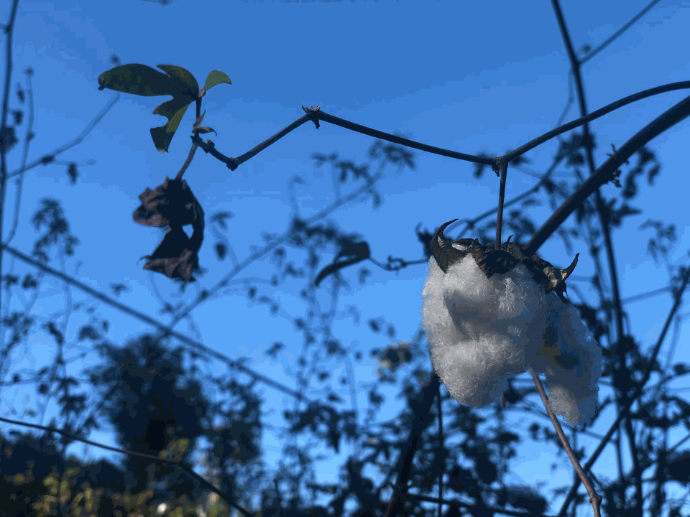Forest Cotton
In the heart of the lush, sloppy hills of Thongsa village, nestled within the serene Choshing Gewog of Pemagatshel, a quiet revolution of sustainable farming is taking place. The community of Thongsa, with deep roots in their ancestral land, cultivates the rare and resilient Forest Cotton—an embodiment of both tradition and ecological harmony. Their farming practices, honed over generations, are not just a way of life, but a profound testament to their respect for the land they tend.
In the sloping, fertile soils of Bhutan’s mountains, where the land might seem harsh to the untrained eye, the people of Thongsa have mastered the art of Tseri—shifting cultivation and crop rotation. It is here, on the terraced hillsides, that they sow the seeds of Forest Cotton. This cotton, unlike any other, thrives with minimal water and flourishes without the need for harmful chemicals. The land is carefully rotated, allowing the soil to rest and regenerate while the plants grow in harmony with the surrounding ecosystem. Each season, the earth is honored by alternating crops, a practice that preserves its vitality and ensures that it continues to provide abundantly for generations to come.

The Forest Cotton blooms in vibrant yellow and orange flowers, a brief but beautiful spectacle that signals the cycle of life and growth in the village. Harvested each September and October, the cotton is then carefully dried under the sun, its fibers ready to be transformed into the threads that will weave the stories of Thongsa’s people. The villagers, guardians of this ancient craft, also cultivate maize as their staple food, ensuring they not only nurture the earth but also feed their families through the same sustainable methods.
By planting cotton and maize in careful rotation, the people of Thongsa are not only preserving their way of life, but are also acting as stewards of the land. They have chosen to grow their own cotton in a way that does not deplete the earth’s resources, but rather nourishes it, fostering biodiversity with every passing year. In this delicate balance between nature and culture, the village of Thongsa is weaving a future that is as rich in sustainability as it is in tradition. Each thread of Forest Cotton, spun with care and reverence, tells a story of resilience, stewardship, and a timeless connection to the land.
Through the careful cultivation of their sloped fields, the people of Thongsa are not just farming—they are preserving a legacy, threading the past into the future, and nurturing both their culture and the earth with every cycle of the seasons.